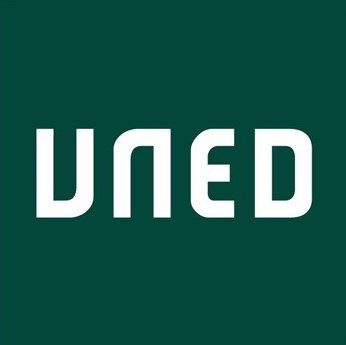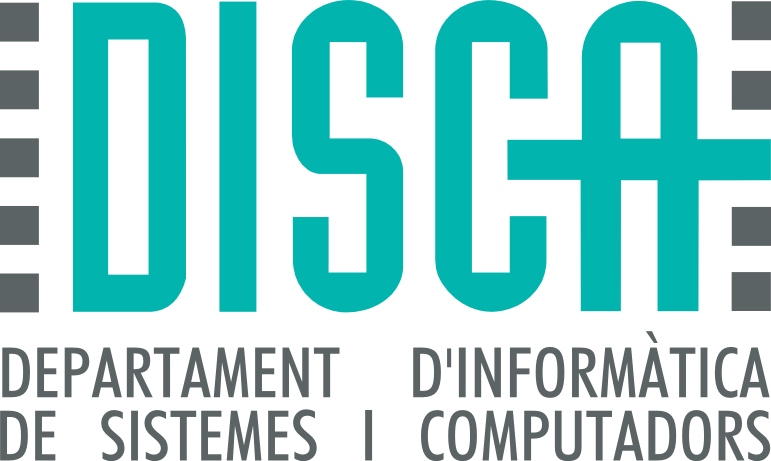Special track - ICT-enhanced Education with social impact
ACM International Conference on Information Technology for Social Good (GoodIT 2021)
9-11 September 2021, Rome, Italy

Call for papers
Information and communication technologies have a powerful influence on all aspects of modern society, from commerce and business to health and entertainment. Obviously, education is not an exception.
Educational research is a diverse field. Many researchers actively pursues the development of information and communications technology to support and enhance the deliverability of educational content to both traditional students attending residential universities as well as remote learners at distant locations.
Technologies such as Virtual and Augmented reality, gamification, intelligent tutoring systems or Learning Analytics are allowing researchers and teachers to increase their social impact by reaching more population and delivering them more personalized learning materials and more engaging experiences. Technologies such as virtual and remote labs are allowing more
students to improve their practical skills anytime and anywhere. Also these on-line labs allow educational institutions to considerably reducing costs and maintenance by accessing federated labs. On the other hand, universal access to education is becoming easier through the use of MOOCs, OERs and smartphones.
Organizers
Sergio Martin. Universidad Nacional de Educación a Distancia (UNED). Sergio Martin is PhD by the Electrical and Computer Engineering Department of the Industrial Engineering School of UNED. He is Computer Engineer in Distributed Applications & Systems by the Carlos III University of Madrid. He teaches subjects related to microelectronics and digital electronics since 2007 in the Industrial Engineering School of UNED. He has participated since 2002 in national and international research projects related to mobile devices, ambient intelligence, and location-based technologies as well as in projects related to "e- learning", virtual and remote labs, and new technologies applied to distance education. He has published more than 200 papers both in international journals and conferences. He is IEEE senior member. He joined in 2010 the Advisory Committee of the IEEE Spanish Chapter of the Education Society. He also participates as Associate Editor of several JCR journals and Program Committee Member of several international conferences.
Johann Marquez-Barja. University of Antwerp & imec. Johann Marquez-Barja is a Professor at University of Antwerp, as well as a Professor in IMEC, Belgium. He is leading the Wireless Cluster at IDLab/imec Antwerp. He is a member of ACM, and a Senior member of the IEEE Communications Society and IEEE Education Society where he participates in the board of the Standards Committee. His main research interests are: 5G advanced architectures including edge computing; flexible and programmable future end-to-end networks; IoT communications and applications. He is also interested in vehicular communications, mobility, and smart cities deployments. Prof. Marquez-Barja is co-leading the Citylab Smart City testbed, part of the City of Things programme, and the SmartHighway testbed, both located in Antwerp, Belgium. Furthermore, he is also interested and active on education development, being actively involved in different research actions to enhance engineering education, in particular remote experimentation in e-learning systems. Prof. Marquez-Barja has given several keynotes and invited talks in different major events, as well as received 30 awards in his career so far, and co-authored more than 140 articles. He is also serving as Editor and Guest editor for different International Journals, as well as participating in several Technical Programme and Organizing Committees for several worldwide conferences/congresses.
Scope and topics
Authors are solicited to submit original, previously unpublished papers in the following, but not limited to topic areas:• Adaptive and personalized learning
• Chatbots and Virtual assistants
• Digital accreditations (badges, free and paid digital diplomas)
• Digital fabrication and makerspaces
• Digital Twins
• Distributed remote labs (federated remote labs)
• Games & Serious games to foster student's engagement and motivation
• Intelligent tutoring system
• Internet of Things use in the classroom/laboratory
• Learning analytics
• Massive Open Online Courses
• Mobile apps
• Open Educational Resources and Practices
• Remote labs standards and federations
• Robotics in the classroom to enhance student motivation
• Virtual labs
• XR and immersive environments
Committee list
• Manuel Castro
• Clara Perez
• Félix Garcia-Loro
• Elio Sancristobal
• Miguel Rodriguez-Artacho
• Nina Slamnik-Krijestorac
• Esteban Municio
• Seilendria Hadiwardoyo
Special track organized by:








